SGGPO
On August 31, Military Hospital 175 (Ministry of National Defense) announced that it had just saved the life of patient D.TP (69 years old, residing in Binh Phuoc) whose artificial valve was stuck due to a blood clot. The patient had a history of mechanical mitral valve replacement 16 years ago at another hospital.
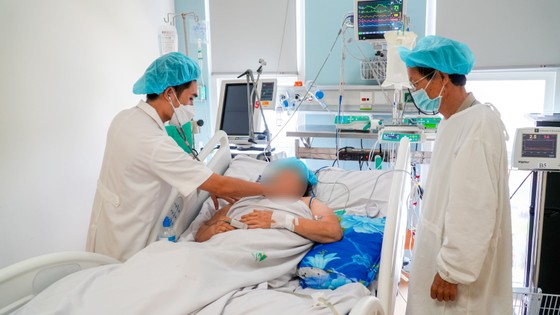 |
| The doctor is examining the patient. |
The patient was admitted to the hospital with difficulty breathing, grade 3 heart failure, low coagulation index, atrial fibrillation with rapid ventricular response, hemodynamic disturbances, and the threat of acute pulmonary edema. After a preliminary diagnosis of valve obstruction via chest ultrasound, the patient underwent an emergency esophageal echocardiogram, which confirmed the diagnosis of mechanical mitral valve obstruction, atrial and left atrial appendage thrombosis, and emergency surgery was indicated.
According to Master, Doctor Pham Hung, Department of Cardiovascular Surgery, Military Hospital 175, the patient had previously undergone mitral valve replacement surgery 16 years ago at another hospital. The patient did not have regular check-ups until he suffered from prolonged fatigue and had to be hospitalized for emergency treatment. After being hospitalized, doctors from the following specialties: Cardiovascular Surgery; Cardiovascular Intervention; Cardiovascular, Rheumatology, Endocrinology; Anesthesia and Resuscitation; Surgical Intensive Care; Diagnostic Imaging consulted and decided to perform emergency surgery after 6 hours of hospitalization.
The surgery removed the left atrial thrombus and the parachute; the mitral valve, which was stuck due to the thrombus and hyperplastic tissue, was removed and replaced with a new biological valve, the tricuspid valve was repaired, and the atrial septum was reconstructed. The surgery lasted more than 6 hours, after which the patient was taken to the Department of Surgical Intensive Care.
At the Department of Surgical Intensive Care, Dr. Lai Huy Vinh said that the patient had to use many vasopressors in combination with blood clotting disorder control and cardiac support drugs. After 2 days of treatment, the cardiovascular condition was stable, respiration was guaranteed, hemodynamic disorders were controlled, the endotracheal tube was removed and transferred to the Department of Cardiovascular Surgery after 2 more days. Currently, the patient's condition is stable and he was discharged from the hospital.
According to doctors, anticoagulants are drugs used to prevent the formation of blood clots in the heart and blood vessels, and play an indispensable role in the treatment of some cardiovascular diseases, especially in patients who have had mechanical valve replacement.
The situation of using anticoagulants inappropriately in Vietnam mainly occurs in patients who live far away, are afraid to go for follow-up examinations, or do not have regular follow-up examinations, or patients who live alone, have memory loss, leading to poor anticoagulant monitoring and adjustment, leading to complications due to high anticoagulation (cerebral hemorrhage, mechanical valve jamming), of which patient D.TP is a typical example.
Therefore, doctors recommend that patients use anticoagulants regularly, have regular check-ups as prescribed by their doctor, or see a doctor immediately if they notice any abnormalities.
Mechanical valve entrapment is a rare but very dangerous complication with a high mortality rate. The rate of mechanical valve entrapment ranges from 0.1% to 5.7%, increasing to 6% in patients with an INR below the allowable therapeutic range.
Mechanical valve entrapment is more common at the mitral valve, 2-3 times more common than at the aortic valve. Mortality rates associated with mechanical valve entrapment are very high, ranging from 10-33% in various studies. Even in cases treated promptly with surgery, in-hospital mortality rates can be as high as 10-15%.
Source


![[Photo] Relatives of victims of the earthquake in Myanmar were moved and grateful to the rescue team of the Vietnamese Ministry of National Defense.](https://vstatic.vietnam.vn/vietnam/resource/IMAGE/2025/4/2/aa6a37e9b59543dfb0ddc7f44162a7a7)

![[Photo] Third meeting of the Organizing Subcommittee serving the 14th National Party Congress](https://vstatic.vietnam.vn/vietnam/resource/IMAGE/2025/4/2/3f342a185e714df58aad8c0fc08e4af2)





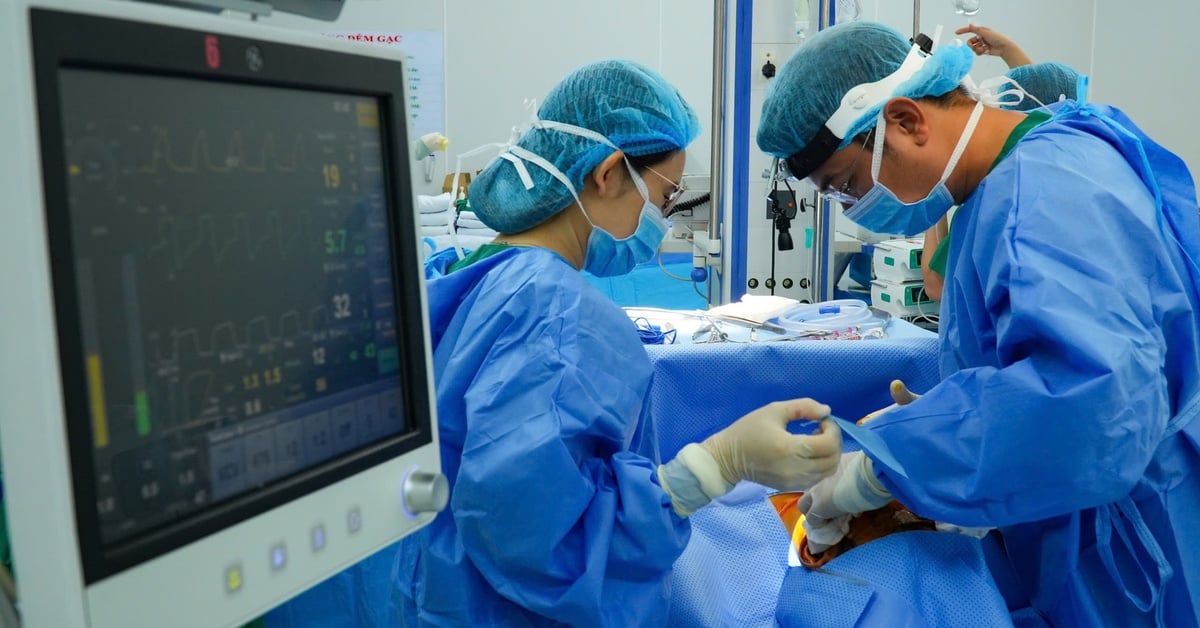

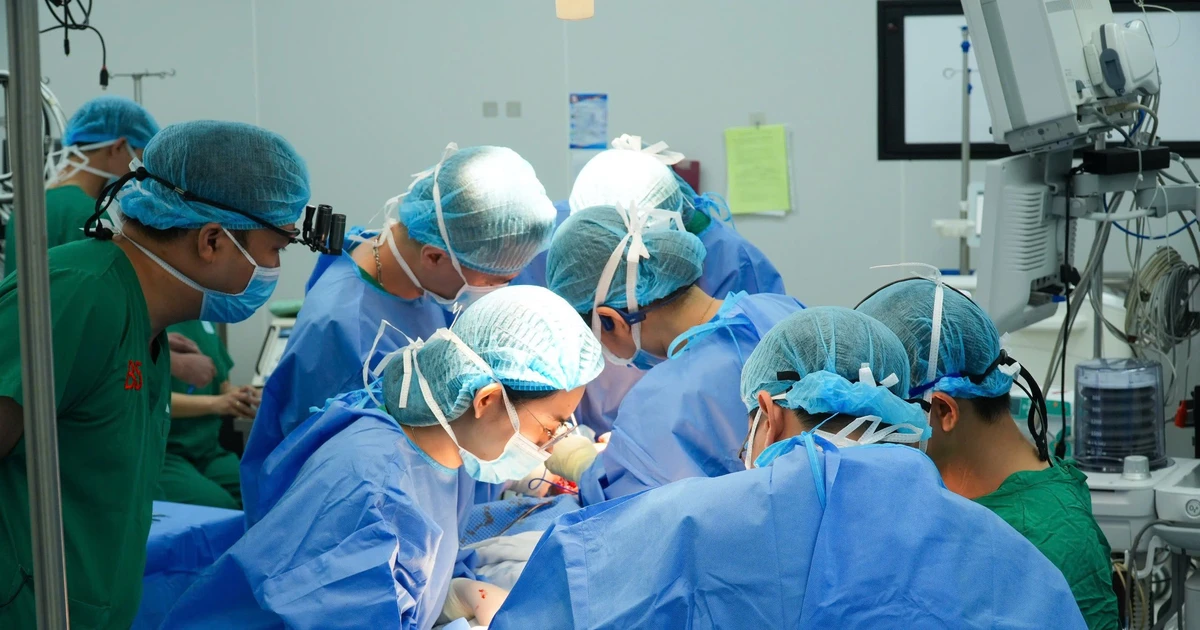



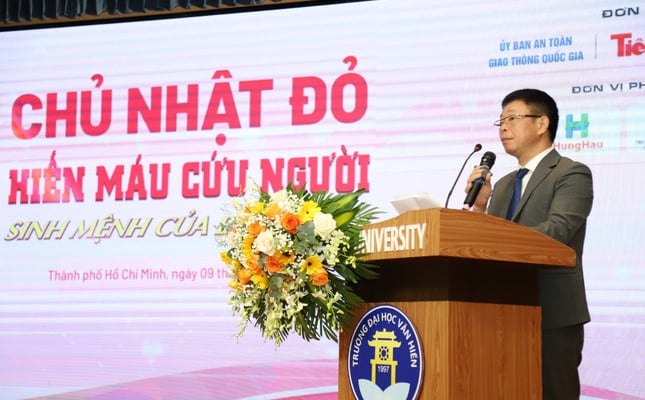



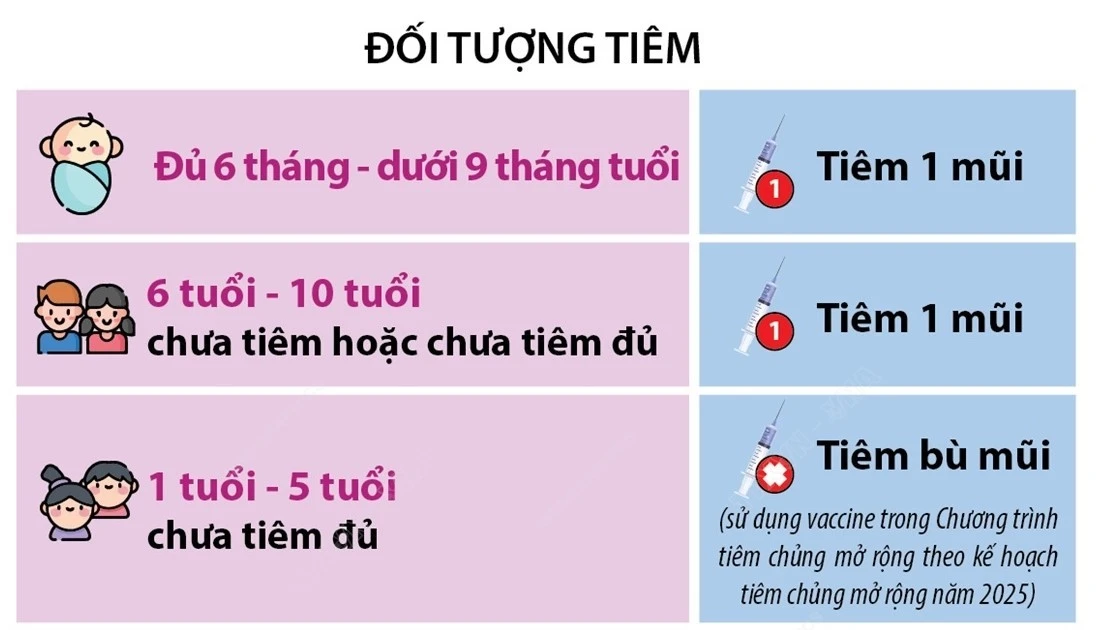
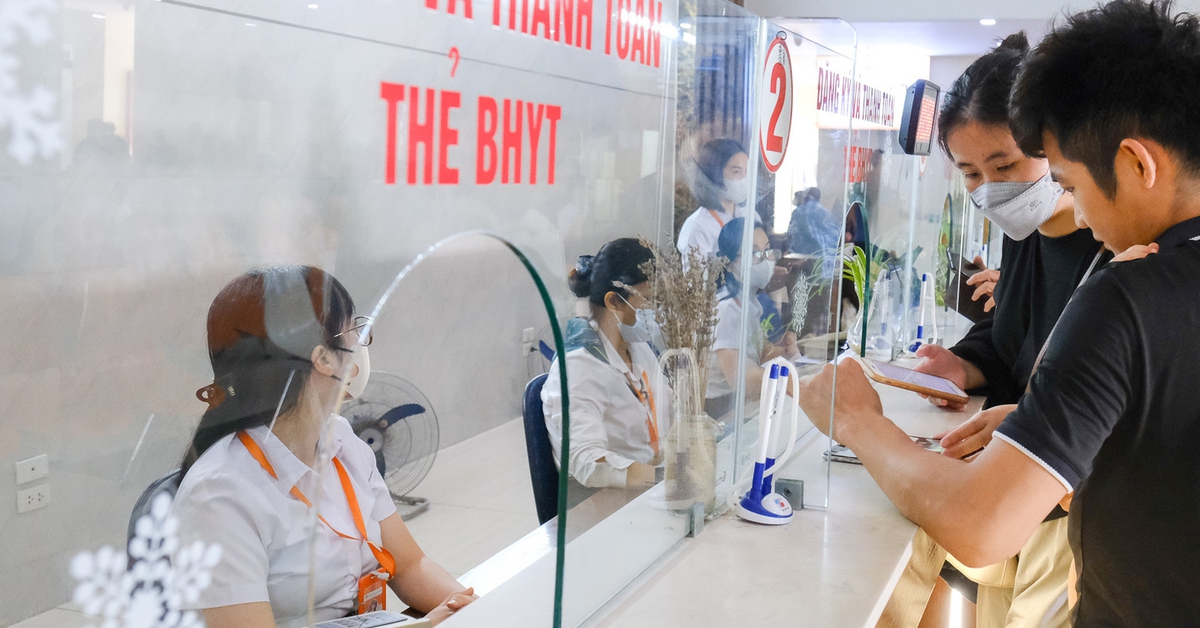


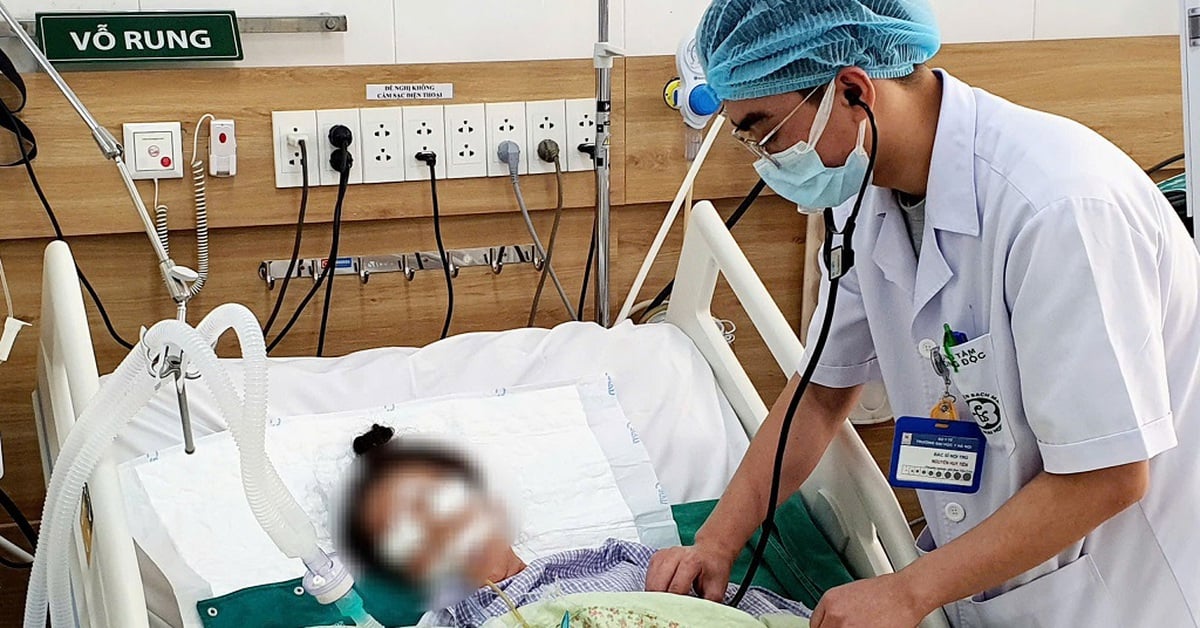






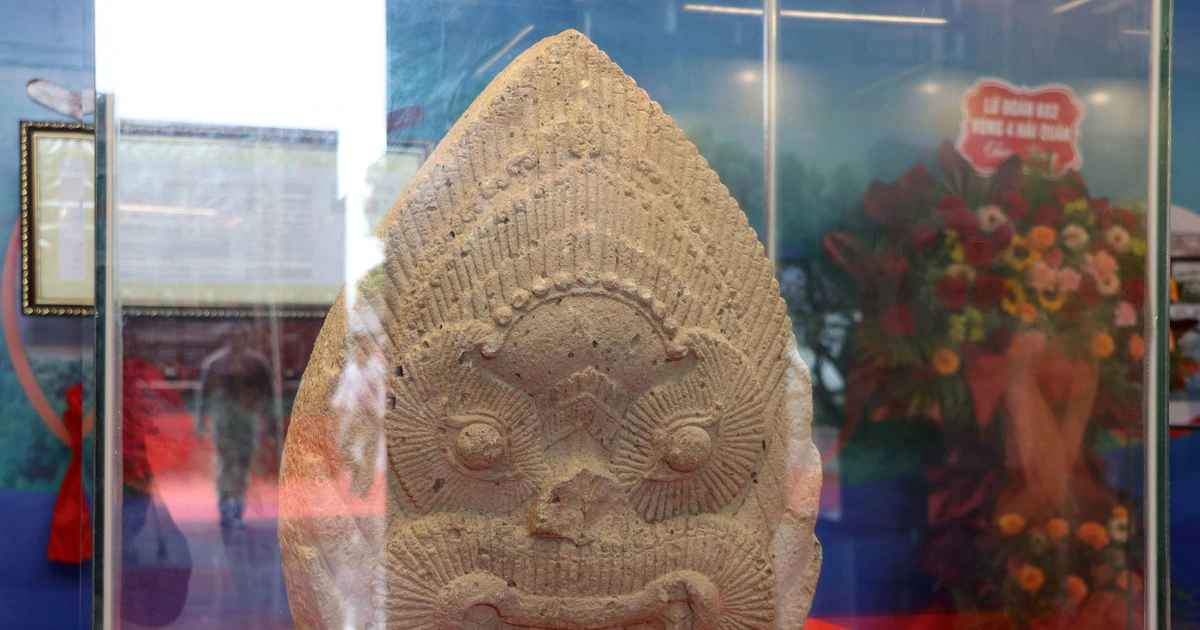



![[Photo] Close-up of Vietnam's sniffer dog team searching for earthquake victims in Myanmar](https://vstatic.vietnam.vn/vietnam/resource/IMAGE/2025/4/1/d4949a0510ba40af93a15359b5450df2)
































































Comment (0)